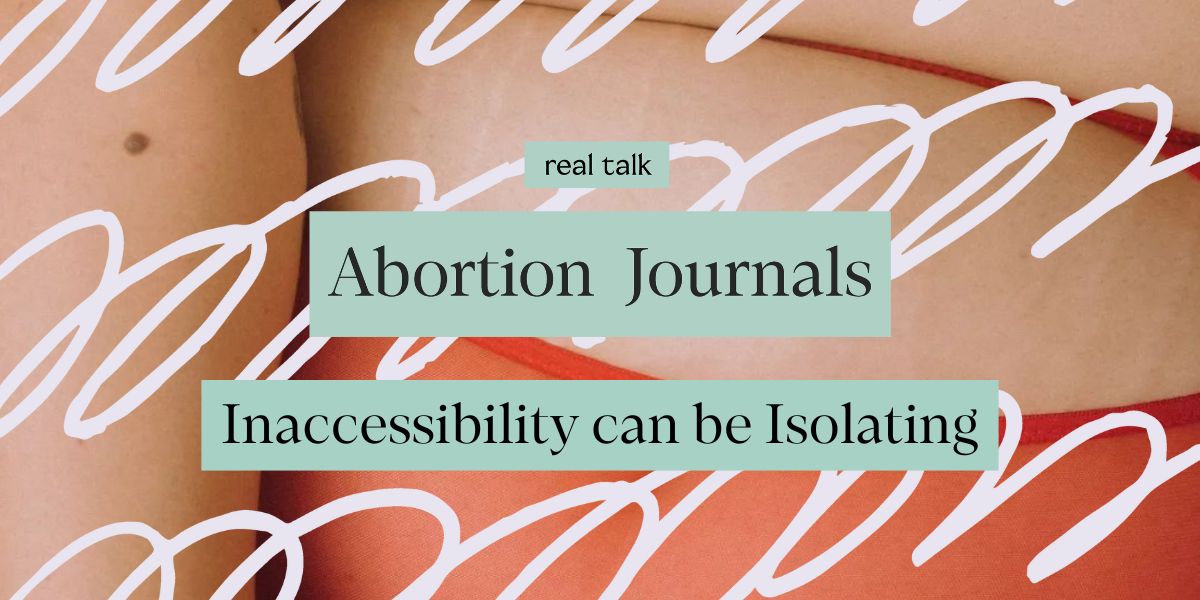How do I know if the morning-after pill worked?

If you've never used the morning-after pill, how do you know if it successfully prevented pregnancy? Let's review how the non-prescription emergency contraceptive works, how long it remains in your body, possible side effects, and when to take a pregnancy test.
What’s the morning-after pill?
If you’ve had unprotected sex or your birth control method failed, you may be wondering what you can do to reduce your chances of pregnancy. The morning-after pill can help to prevent pregnancy if taken within 72 hours after unprotected sex.
There are two types of morning-after pills: one that’s available without a prescription like ours, Restart™ (also sold under the brand names Plan B One-Step, My Way, AfterPill, and more), and another that’s available only with a prescription from a doctor (sold under the brand ella®). This article will focus on the over-the-counter morning-after pill.
How the morning-after pill works
The non-prescription morning-after pill contains levonorgestrel, a synthetic hormone used for birth control. It reduces the chances of pregnancy by preventing or delaying ovulation, which is the releasing of an egg from your ovary. If there is no egg to meet sperm after unprotected sex, your chances of unintended pregnancy can be reduced significantly. The morning-after pill can also help to prevent implantation to the uterine walls if an egg is already fertilized.
You can use levonorgestrel morning-after pills as an emergency contraceptive at any point during your cycle. Take it as soon as you can within 72 hours after unprotected sex for it to be most effective. Situations in which you may take the morning-after pill include:
- A condom malfunctioned (slipped or broke)
- You forgot to take your regular birth control at some point within your current menstrual cycle (missed a pill, forgot to change your patch on time)
- You have some other reason to believe your regular birth control may be ineffective
- You had unprotected sex for any reason
How long does levonorgestrel remain in the body?
The length of time levonorgestrel remains in your body may vary. Factors that impact this duration include:
Shop the article
- Your age
- Your genetics
- Your metabolism
- The functioning of your liver and kidneys
- The amount of the hormone in your system
- How frequently you use it can impact the length of time it remains
The more efficiently your body runs, the quicker levonorgestrel leaves your body. The pill will likely leave your system faster if you’re younger, have a fast metabolism, and you have healthy kidneys and liver. Your genetics play a role in metabolic functions.
A dose of the non-prescription morning-after pill contains 1.5 milligrams of levonorgestrel, and your doctor won’t typically recommend taking a different amount. Levonorgestrel will stay in your system longer if you take more. It also takes longer for levonorgestrel to leave your body if you use it more frequently.
Morning-after pill symptoms vs. early pregnancy symptoms
It can be challenging to recognize whether you’re pregnant or if you’re feeling the side effects of the morning-after pill because symptoms may overlap. Side effects of the morning-after pill can include:
- Headache, fatigue, or dizziness
- Nausea or vomiting
- Abdominal pain Breast tenderness
- Temporary changes to your menstrual cycle (flow or duration)
In comparison, early signs of pregnancy can include:
- Breast tenderness
- Missed period or light spotting
- Nausea or vomiting
- Fatigue
- Bloating, cramping, or constipation
- Aversion to certain foods
- Moodiness
With the morning-after pill, there may be a risk of ectopic pregnancy — a pregnancy in which the fertilized egg implants outside of the uterus. Seek medical attention immediately if you develop symptoms such as weakness, dizziness, shoulder pain, abdominal pain, or vaginal bleeding 3-5 weeks after using the morning-after pill.
When to take a pregnancy test after using the morning-after pill
To know whether the morning-after pill worked, it’s recommended that you take a pregnancy test to confirm that you’re not pregnant if you don’t get your period within 2-4 weeks. Since the morning-after pill can cause temporary changes to your menstrual cycle, it can offer peace of mind to take a pregnancy test just in case. If you are experiencing symptoms associated with pregnancy, it may be worth taking a pregnancy test. However, you might not want to test right away; pregnancy tests may not be accurate if taken too early. Read our helpful guide on when to take a pregnancy test after sex to learn more.
For more articles on all things reproductive health, go to our education hub, Real Talk, for everything you need to know about your body.
Keep Reading

What are the side effects of Plan B?
May 29

How long does the morning-after pill delay ovulation?
Nov 5, 2022

How effective is the morning-after pill?
Apr 26













